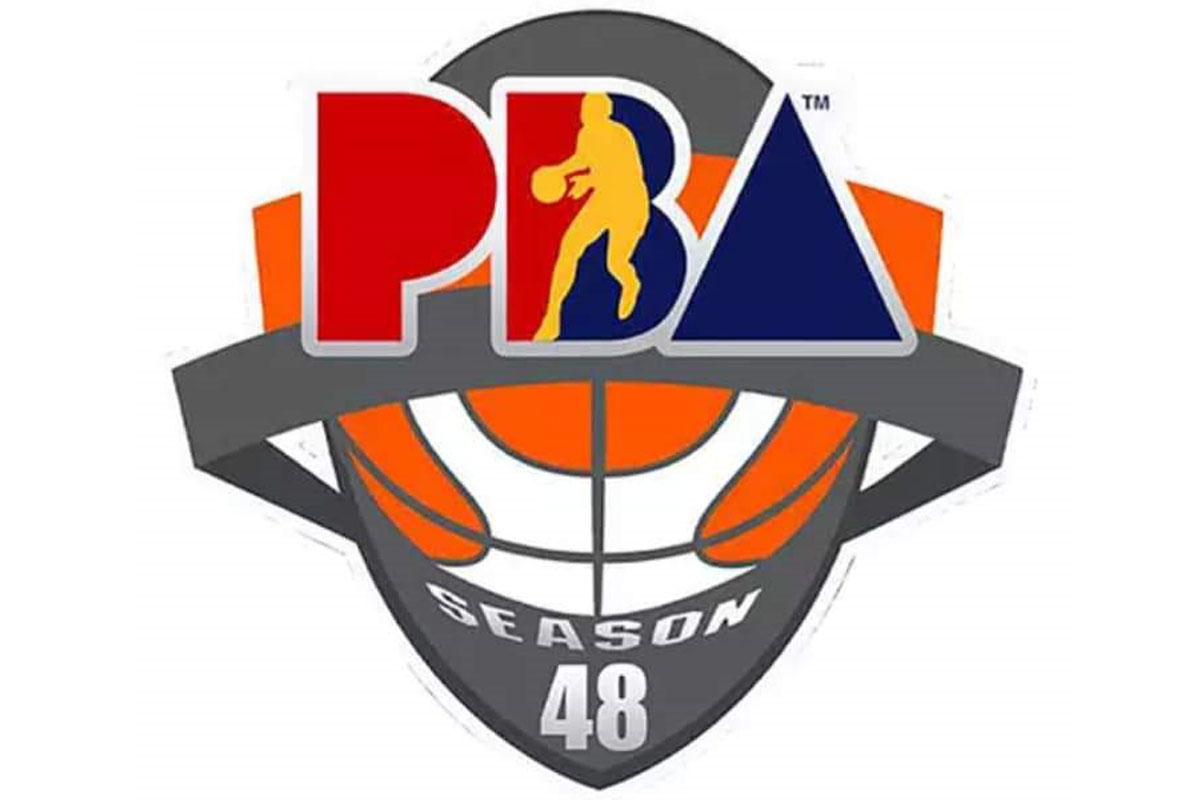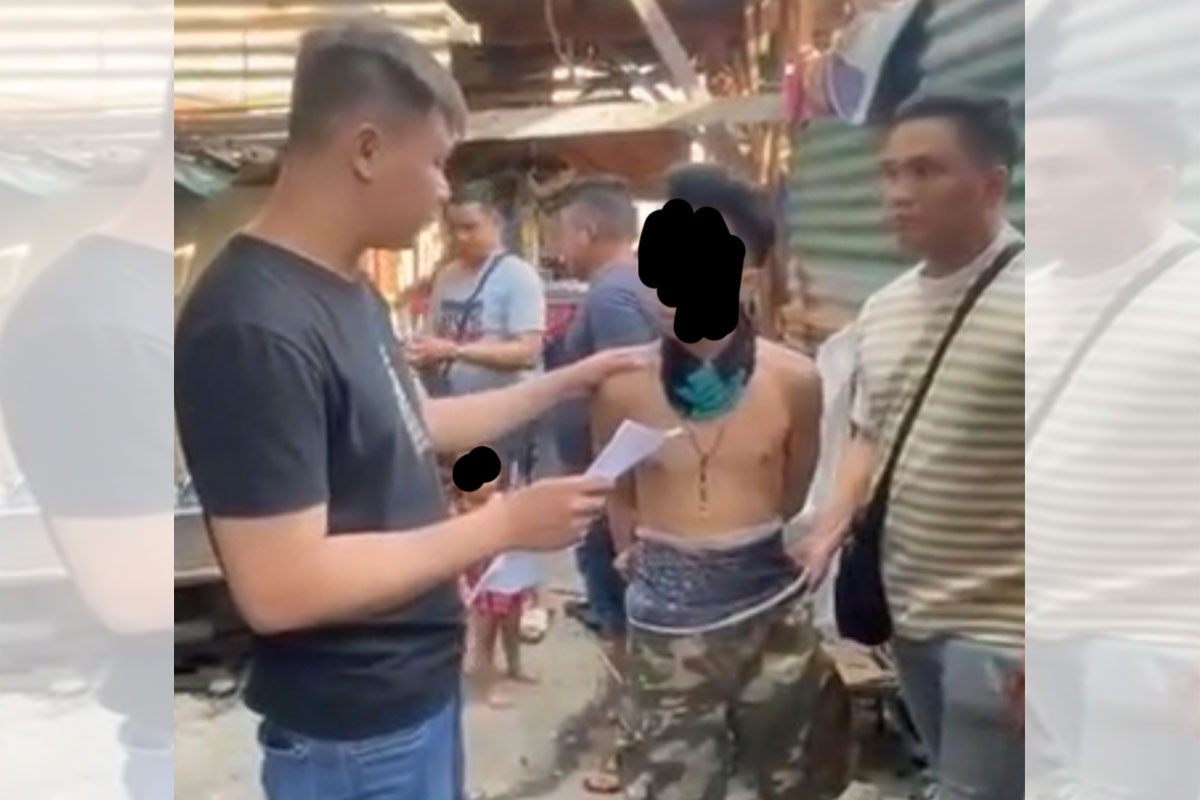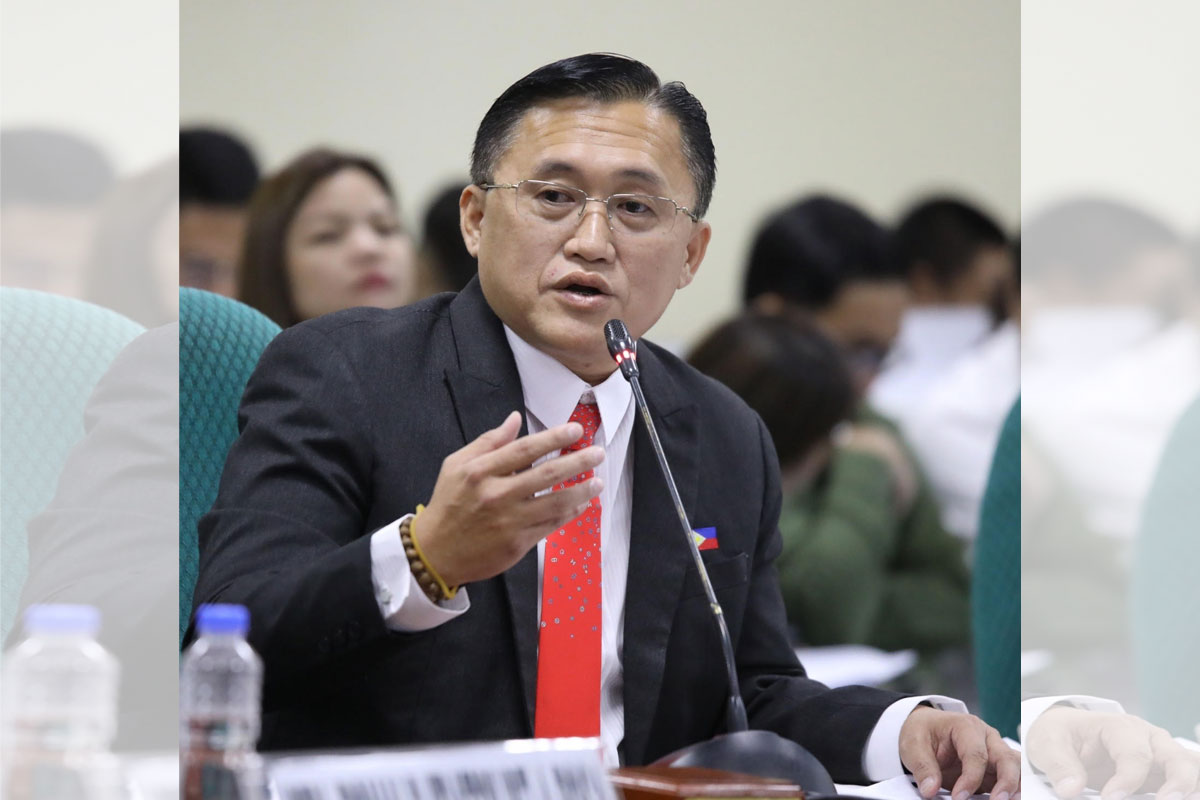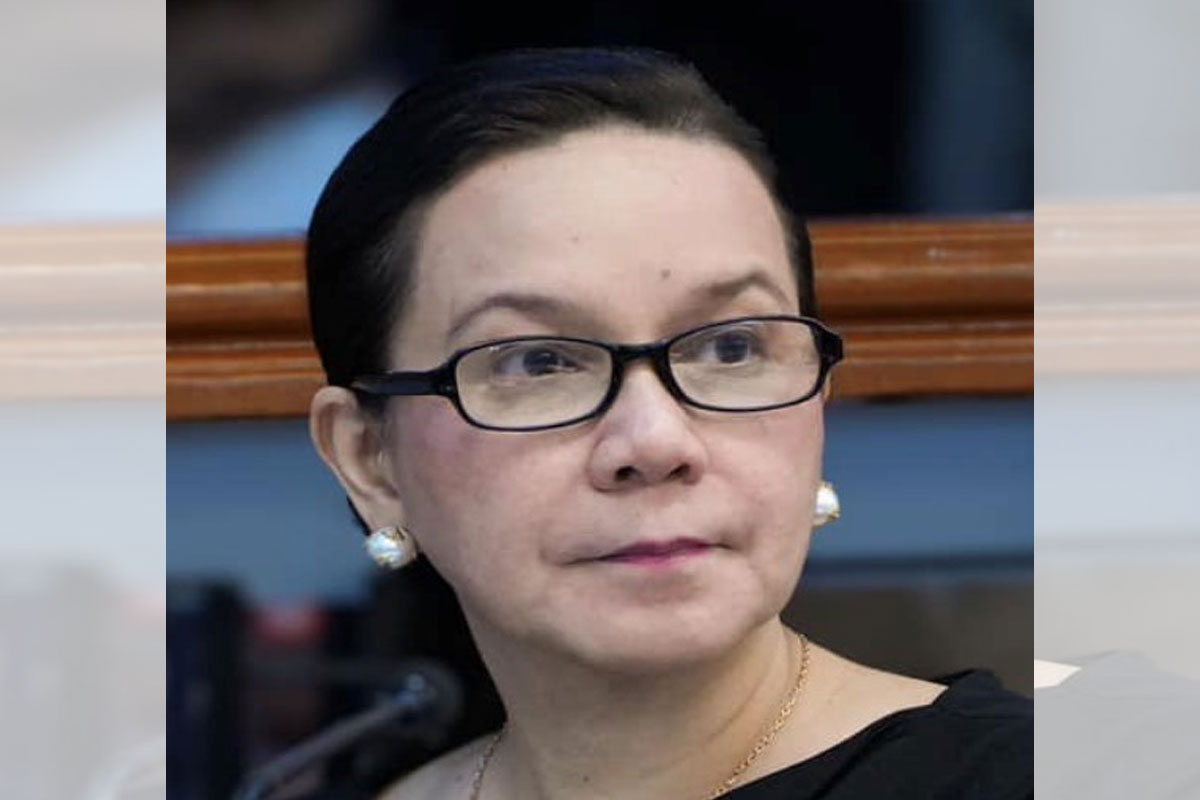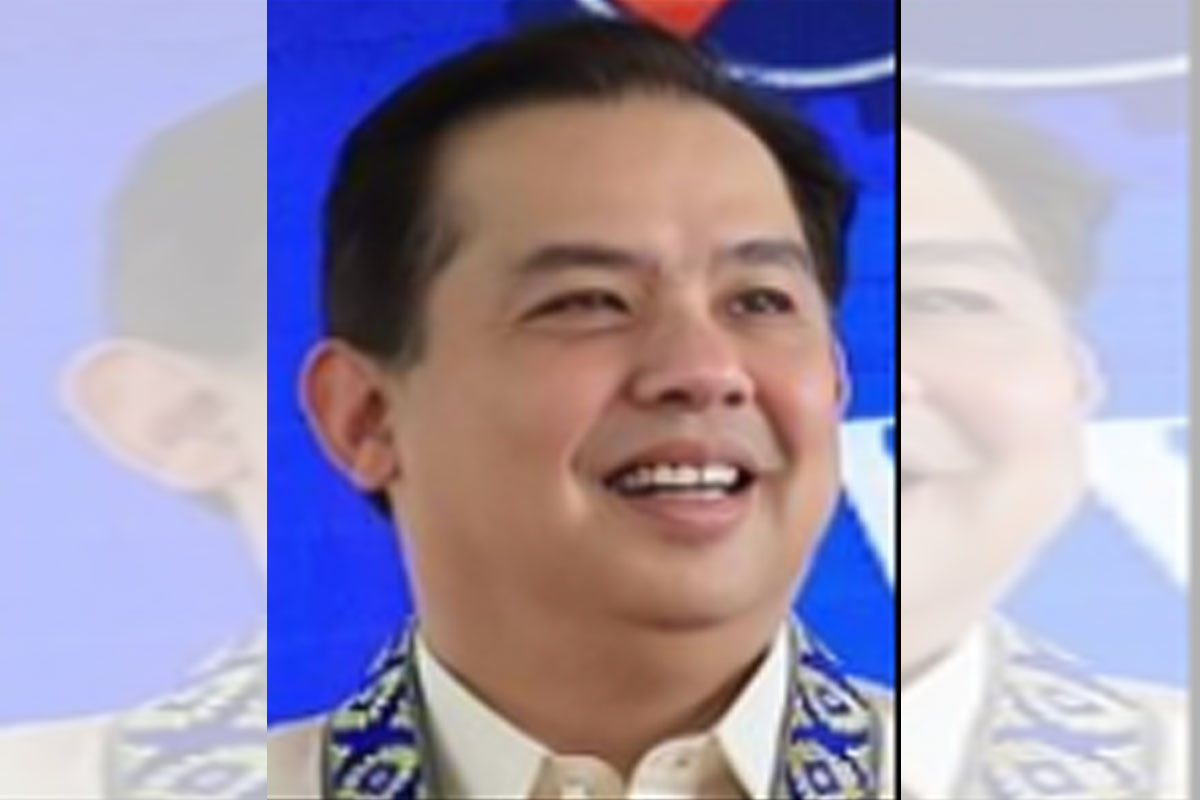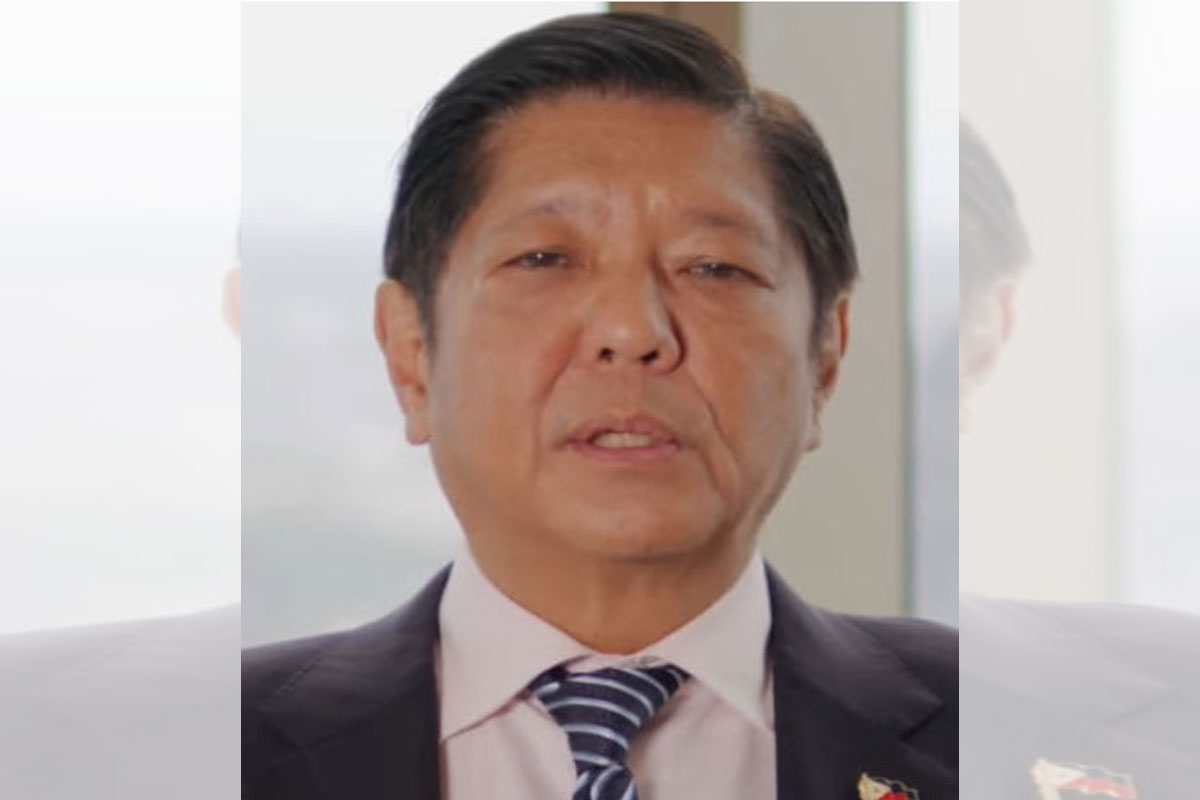
Comprehensive driver’s education for Pinoys a must. no ifs, no buts
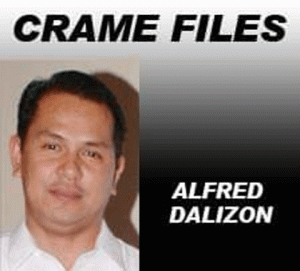 I am referring to the Comprehensive Driver’s Education Program or CDEP requirement in the renewal of driver’s license in the country which, instead of being supported by the general public, has been criticized by some, lawmakers included.
I am referring to the Comprehensive Driver’s Education Program or CDEP requirement in the renewal of driver’s license in the country which, instead of being supported by the general public, has been criticized by some, lawmakers included.
One of the critics, Cagayan de Oro City Representative Rufus Rodriguez has even called on the transportation department to scrap the CDEP requirement in the renewal of driver’s license saying ‘it is unnecessary and has no legal basis.’
Land Transportation Office chief, Assistant Secretary Egay Galvante, a highly-respected member of PMA Class 1970 who has been a friend since his active days in the PNP told me they are taking the opposition to their new requirement in stride. “Ang hindi ko lang maintindihan, ang basehan naman namin dito ay yung probisyon ng batas na ginawa nila,” he said.
I am fully behind the new LTO program and if we are really tired of complaining about how Filipino drivers, specifically those behind the wheels of public transport vehicles perform in our roads, we should fully support this initiative.
Being a law-abiding citizen and a holder of a non-professional driver’s license who has not been cited for any traffic-related offense over the past 32 years, I join the multitude of Filipinos who have appreciated the program.
We are completely lagging behind modern countries and even some of our Asian neighbors when it comes to driver’s education, thus the daily scene of drivers simply beating the red light and disregarding the yellow box, no left, no right and no u-turn directions and going after the flow of traffic.
This is the reason why if you refuse to give way to a counter-flowing motorcycle or a taxi , tricycle, bus or jeepney driver, it’s either you end up being cursed by the erring driver when you refuse him passage. This is the actually a major reason behind some deadly or violent road rage incidents.
I’ve researched some rules on how to get a driver’s license abroad specifically in the United States. A new driver in the U.S. starts with a learner’s permit or what we call a ‘student permit’ here.’ They first have to practice driving and schedule an appointment for their driver’s test when they are ready. Driver’s licenses are issued by individuals states in the U.S. so rules vary. However, all must pass a written, driving and vision test before getting their license.
In the U.S., all applicants for a ‘learner’s permit’ are required to read the driver’s handbook before taking a written test that will be based on their knowledge and understanding of the rules and regulations outline in their state’s drivers’ handbook.
They include all the rules of the road that a driver needs to know in order to be a safe driver, not only for himself and his passengers but most importantly, for others’ safety. In many U.S. states, a person under the age of 18 can get a ‘learner’s permit’ and hold it for a minimum of six months to one-year before they can get a full license.
However, many states require applicants to complete driver’s education courses before being allow to apply for a ‘learner’s permit.’ Apart from that, there are specific legal documents required such as proof of identity and address, birth certificate, passport or a national ID.
In the U.S., testing and permit fees are required from an individual scheduled to take a written test. The ‘learner’s permit’ is issued only to an applicant who will pass the basic knowledge test based on traffic rules and regulations. This means he must have knowledge of signs and basic traffic rules. He should also pass the vision test and if he cannot, must get glasses to correct his vision before being allowed to get the permit.
These are basics in getting a driver’s license and should also be applied in our country immediately. This , coupled with strict enforcement for sure will help stop the presence of drivers who don’t know the basic traffic rules and regulations because they only learned how to driver from their relatives or friends.
For a start, i suggest that the CDE must be taken and passed by all government employees specifically those from the law enforcement agencies. I think that all enforcers from the LTO, the LTFRB, the PNP Highway Patrol Group, the different PNP, city and municipal traffic enforcement units and drivers of ambulances, fire trucks and patrol cars must be our ‘role models’ when it comes to road courtesy and discipline.
This will also stop the presence of drivers who are ignorant of the rules when entering a ‘roundabout’ or a rotunda or when passing an intersection or descending or ascending a highway or a road. Lack of knowledge of many drivers on basic rules when passing these areas unfortunately have led in many tragic accidents including road rage.
Asec. Galvante has reiterated that the driver’s education seminar for license renewal is free and required under the law. He explained that the implementation of the CDEP is mandated under Republic Act Number 10930 which extends the validity of a driver’s license to 10 years and requires all renewal applicants to undergo first a refresher seminar and pass a validating exam.
The LTO last October 28 started the rollout of the 10-year valid license at its Central Office and at the Quezon City Licensing Center. Under the law, only drivers without violations or citations are entitled to qualify for the extended license validity.
Aside from the CDEP, the LTO is also currently implementing a violations monitoring system to encourage all motorists to strictly observe traffic rules and regulations. “We intend to disseminate the Comprehensive Driver’s Education Program to all and enforce the traffic violations system so we can raise the quality of Filipino drivers and improve road safety,” Galvante emphasized.
The LTO chief noted that the CDEP requirement would not cause “undue delay and hardship” to applicants as it is free and readily available through its Driver’s Education Centers (DECs) or online website.
“Yung mga LTO DECs, kung saan pwede silang mag-seminar, ay bukas sa publiko at walang bayad. Pwede rin nilang ma-access ang LTO [online] portal kung saan maaari nilang mapag-aralan ang mga module at topics para maging handa sila sa validating exam. They can attend the seminar for free at the LTO DECs. They can also access the online portal where they can review the modules and topics for the validating exam,” he explained.
Galvante said that they will begin issuing the 10-year valid driver’s license in their Metro Manila offices. He added that the extended license validity actually serves as “reward” for drivers who obey traffic rules and regulations.
“Ito ay insentibo sa mga drivers na sumusunod sa batas trapiko at para hindi na rin sila pabalik-balik sa LTO ipang mag-renew ng lisensya, “ he said. However, drivers who have some money to spare and have no time to go to LTO offices can get their CDE certificates from air-conditioned offices of LTO-accredited driving schools.
Clearly, what we need in our country is strict enforcement of traffic rules and regulations and a 100-percent fool-proof system that will ensure that driver’s licenses will only be issued to deserving applicants with sufficient driving skills and knowledge on road safety and proper road courtesy. “We don’t need more barumbados and pasaway na drivers in our country.”
To those who are opposing the new LTO rules in accordance with the law, all I can say is this: ‘Onli in da Pilipins.’




